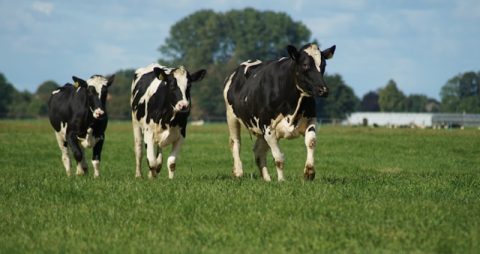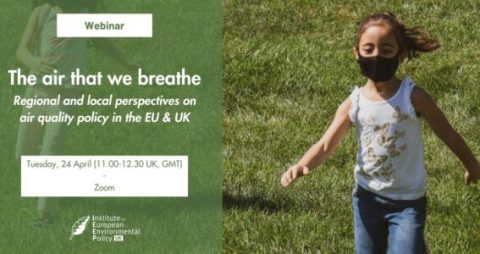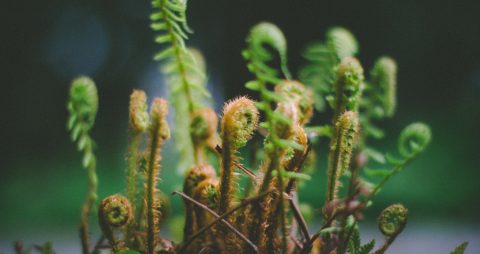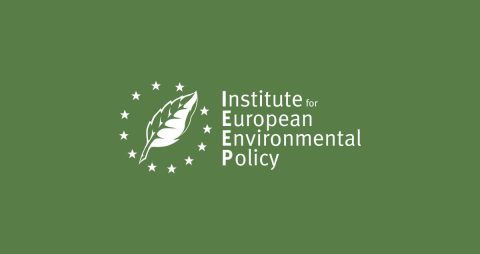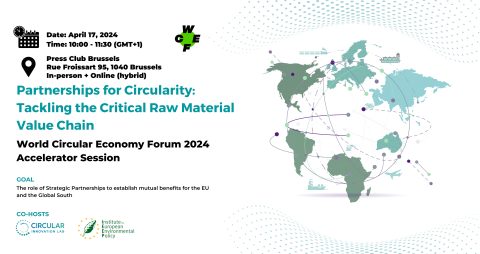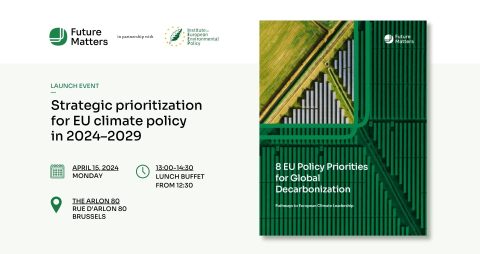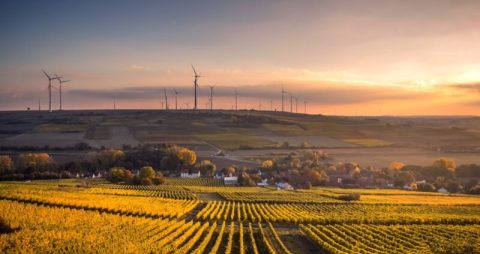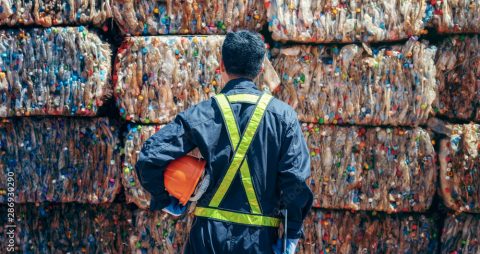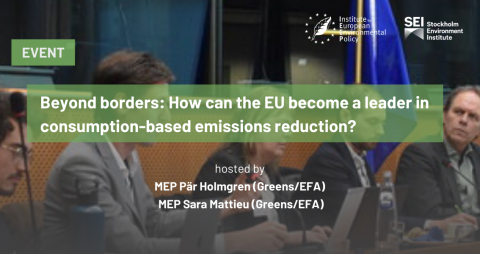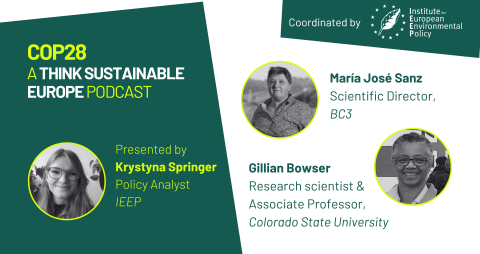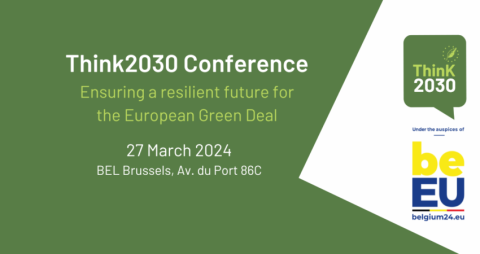News
- Home
- News
Type
Select Types
Categories
Select Categories
For any old articles please send a request at brussels@ieep.eu
News
Latest news and announcements from IEEP
- , Events
Air pollution is well known to be generally worse in urban areas. Transport, construction, and heating are major contributors that have a disproportionate health impact ...
- , Events
This upcoming event: Greening of Taxes – Peer Learning Conference, which will be held in Athens, Greece, at Athens Capital Hotel, on 8 and 9 April 2024. ...
- , Vacancies
We are seeking to employ a skilled (Senior) Policy Analyst to join the IEEP’s CAP & Food team. ...
- , Events
This WCEF2024 Accelerator Session explores the role of strategic partnerships and strategic projects between the Global North and the resource-rich Global South to ensure a ...
- , Events
Together with our partner Future Matters, we invite you to join the hybrid launch of the new research report “8 EU Policy Priorities for Global ...
- , Blogs
European legislators are proposing significant changes to the Common Agricultural Policy (CAP). These changes are supposed to address the concerns raised by European farmers in ...
- , Blogs
The EU’s Farm to Fork Strategy was designed to ‘accelerate the transition to a fair, healthy and environmentally friendly food system’. It sets a range ...
- , Blogs
As the Nature Restoration Law has been formally adopted, Member States
will have to draft their National Restoration Plans. Their efficient
preparation and implementation will largely determine ...
- , Blogs
Global economy relies fundamentally on the use of material resources – biomass, fossil fuels, metals, and minerals – for everything from food, agriculture and buildings ...
- , Blogs, Events
To remain a leader in effective climate policy, the EU needs to address emissions generated abroad resulting from EU’s appetite for imported goods in the ...
- , Podcasts
In this podcast we talk about the United Nations Climate Change Conference - COP28 - which took place in Dubai in December, and which marked ...
- , Events
IEEP organises the 2024 edition of the biannual Think2030 conference on 27 March. Taking place in Brussels, the Think2030 biannual conference will be held in ...

